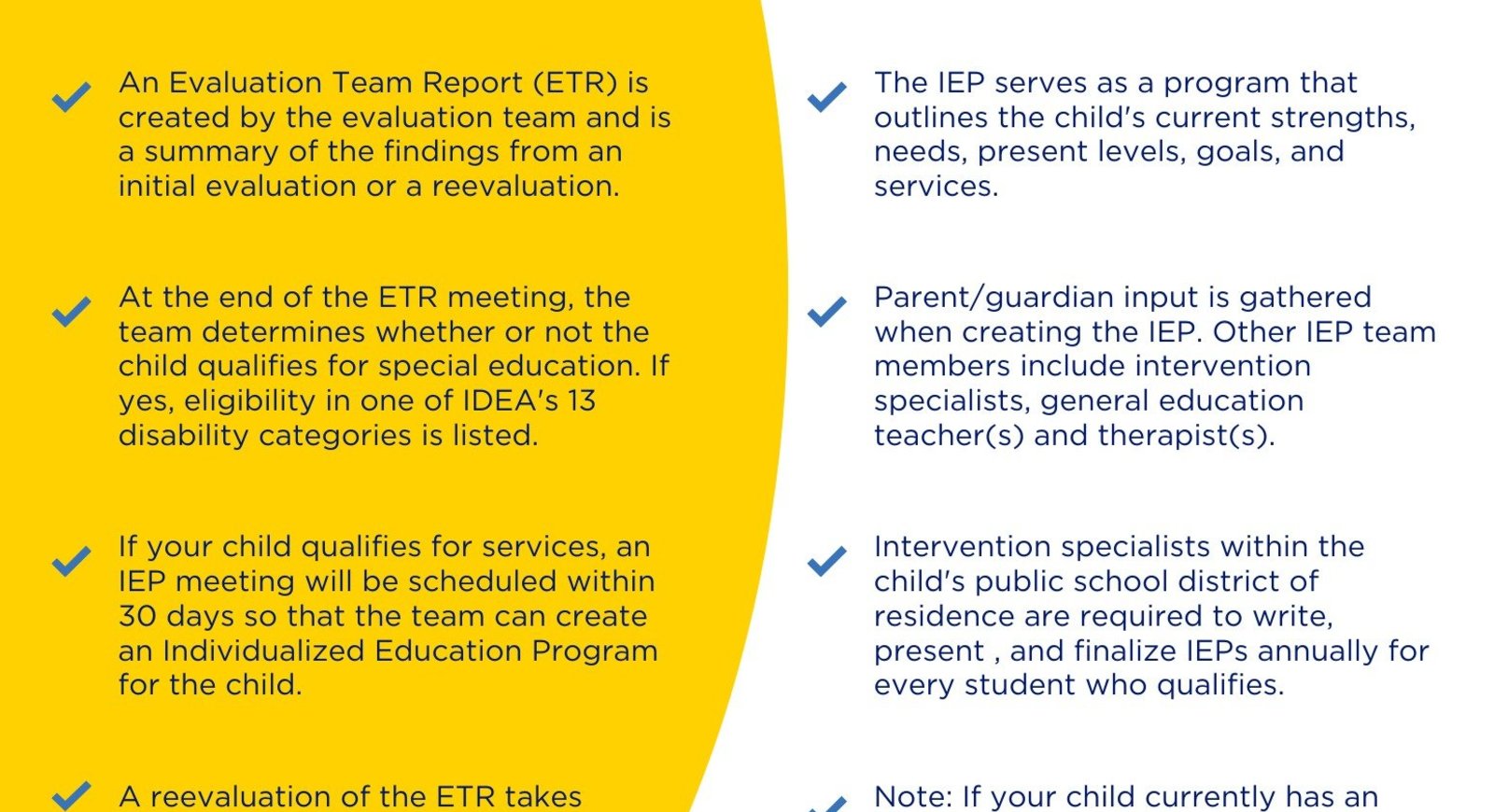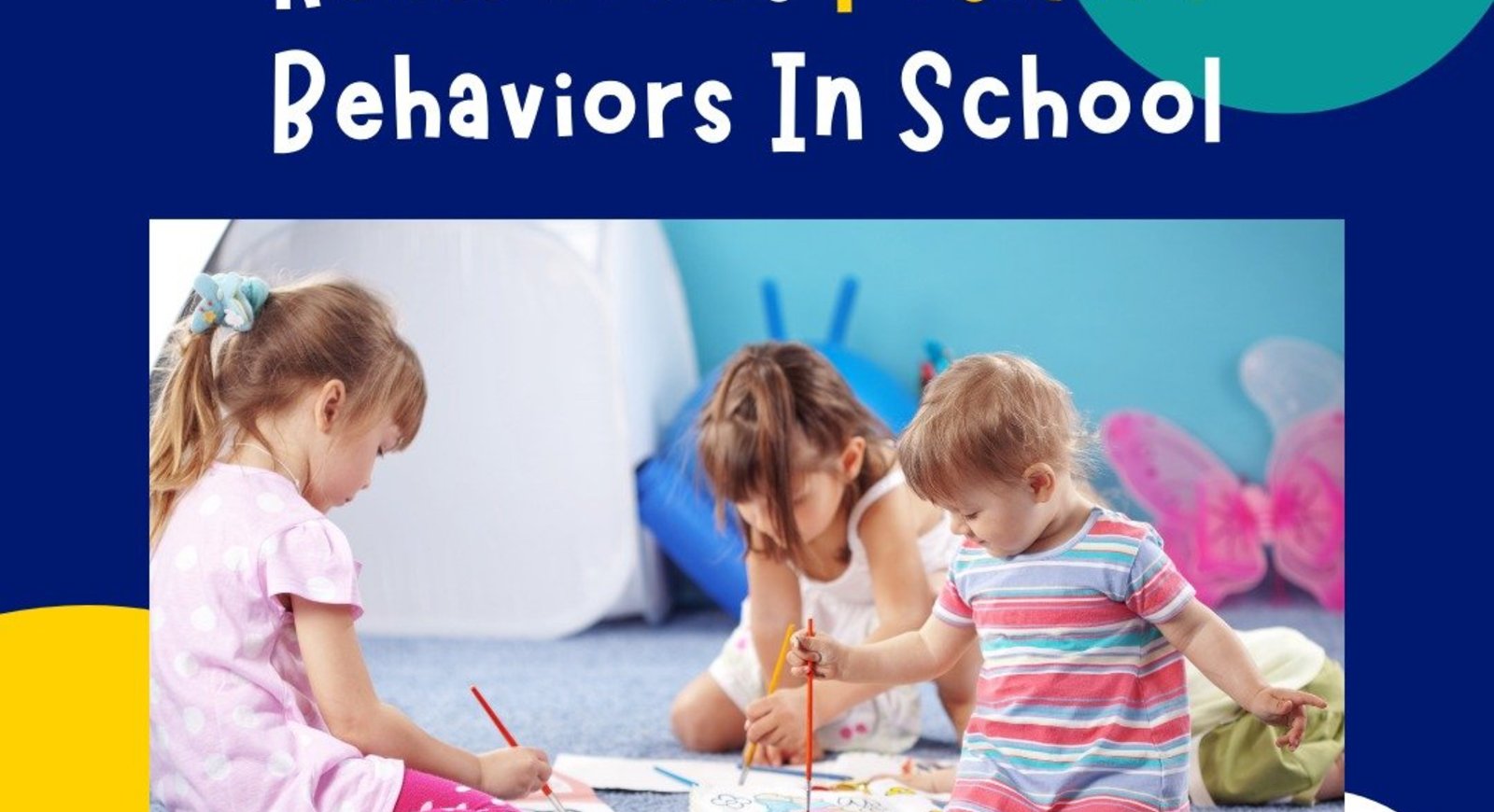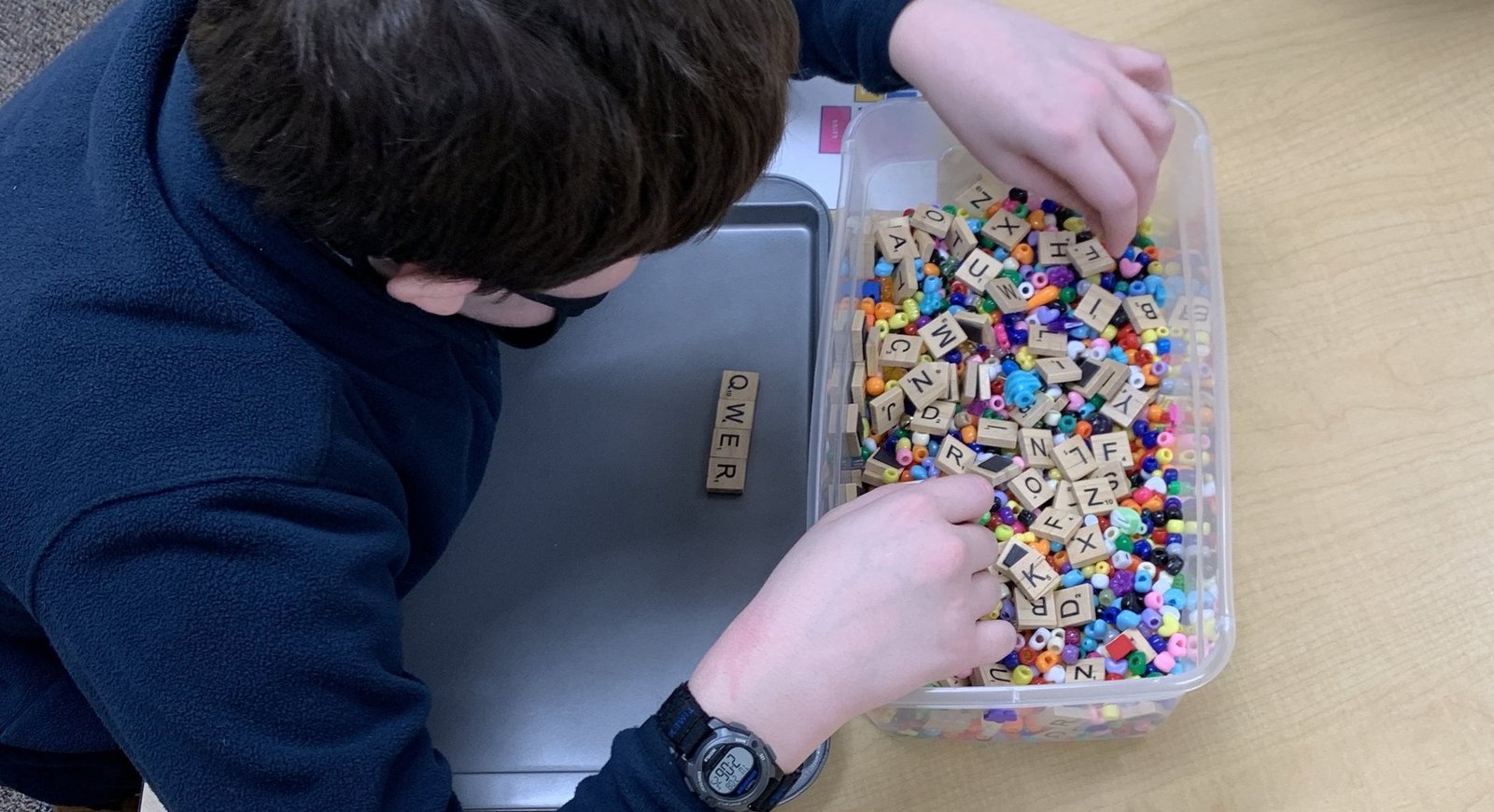 They have all the resources necessary, specialized to the individual learning of each child, and the heart that goes with it. I don't think we would have stayed in Ohio if it wasn't for JB!
They have all the resources necessary, specialized to the individual learning of each child, and the heart that goes with it. I don't think we would have stayed in Ohio if it wasn't for JB! 
JB Parent
New! Brecksville Campus
Enrolling Now | Apply Today
Enrolling Now | Apply Today
Enrolling Now | Apply Today
Enrolling Now | Apply Today
Enrolling Now | Apply Today
Enrolling Now | Apply Today
Enrolling Now | Apply Today
Enrolling Now | Apply Today
Enrolling Now | Apply Today
Enrolling Now | Apply Today
Enrolling Now | Apply Today
Enrolling Now | Apply Today
Enrolling Now | Apply Today
Enrolling Now | Apply Today
Enrolling Now | Apply Today
Enrolling Now | Apply Today
Enrolling Now | Apply Today
Enrolling Now | Apply Today
Enrolling Now | Apply Today
Enrolling Now | Apply Today
Enrolling Now | Apply Today
Enrolling Now | Apply Today
Enrolling Now | Apply Today
Enrolling Now | Apply Today
Enrolling Now | Apply Today
Enrolling Now | Apply Today
Enrolling Now | Apply Today
Enrolling Now | Apply Today
Enrolling Now | Apply Today
Enrolling Now | Apply Today
Enrolling Now | Apply Today
Enrolling Now | Apply Today
Enrolling Now | Apply Today
Enrolling Now | Apply Today
Enrolling Now | Apply Today
Enrolling Now | Apply Today
Enrolling Now | Apply Today
Enrolling Now | Apply Today
Enrolling Now | Apply Today
Enrolling Now | Apply Today
Enrolling Now | Apply Today
Enrolling Now | Apply Today
Enrolling Now | Apply Today
Enrolling Now | Apply Today
Enrolling Now | Apply Today
Enrolling Now | Apply Today
Enrolling Now | Apply Today
Enrolling Now | Apply Today
Enrolling Now | Apply Today
Enrolling Now | Apply Today
Campuses
Welcome to Julie Billiart Schools, a family of K-8 coeducational, catholic schools for children with learning and social differences.
OverviewInterested in Enrollment?
Take the Next Step
Friday, November 20, 2020
As we are now in the eighth month of this “new normal”, many are experiencing a spurt of pandemic fatigue and coronavirus burnout. Children feel this burnout too and are having to navigate these difficult emotions, all while balancing their school work and a changing environment. Here are a few ways to support your child as they continue to navigate their COVID-19 school year.
We asked Maggie Schmidt, one of our JB Lyndhurst Kindergarten teachers, who is currently working on her M.Ed in School Counseling, for her tips on continuing to navigate some of the elements of coronavirus that have affected how children are learning. We have included her thoughts throughout this article.
1. Ask your child how they are feeling.
After explaining COVID-19, ask your child about their feelings towards the situation, and be open to how they choose to respond. Mental and emotional health checks are crucial, and there are several ways to go about asking those emotional questions. For younger children, one way to execute this is something they may be familiar with: ranking their feelings on a 1-10 scale, like they may have done before with expressing pain at a doctor’s appointment. One way to assess your older children’s feelings could be asking for highs and lows of their school day. If it takes more coaxing for your child to open up, remember to take additional time and be understanding. Younger children may require a more condensed story to understand coronavirus, and being open to having those conversations is important. Make a point to sit down as a family and encourage them to ask questions. Give them a supportive environment to be heard, and listen to their concerns as they change throughout the course of the pandemic.
Some children are more open about their feelings, while others are not as willing to express their emotions. Either outcome is acceptable. They will express their emotions in the way that is most comfortable to them. Just let them know that however they are choosing to feel is perfectly acceptable and normal.
“We understand that some families have extra stressors that may affect their day-to-day mindset and therefore affect the students as well”, Schmidt said. “Unknowingly, these may carry over into the student’s mindset at well. We have put a large focus this year on learning to independently regulate emotions, advocate for yourself when you may need a break, and incorporating mindfulness techniques into our daily schedule. There is no doubt that the times we are in are difficult and unsettling. While they may cause stress for us, we have to understand that this stress does affect our little ones as well. In order to reach our end goal of making our students successful academically, socially and behaviorally, we have to understand that their social emotional health should always come first”.
2. Check in with your child’s school and teachers.
How your child behaves at home may mirror - or could completely contradict - how they behave in the classroom. If you’re noticing extra stress at home, check with your child’s teachers or school therapists and supports to see if that stress is being reflected in how your child engages with peers and lessons. This may look different depending if they’re learning virtually or in-person, but regardless, your school, teachers, and supports are there to aid your child’s wellbeing and success. They are a great resource to have and use during this time.
3. Practice routines and keep consistency within your household.
Children thrive on routines, as this gives them the comfort of expectation and familiarity. Structure within the household, especially as the world is experiencing change on a daily basis, will help to keep some of those negative emotions at bay. Keeping a schedule with wake-up, bedtime, meals, exercise, and schoolwork allocations are some basic ideas for continuing that stable regimen. With school-aged children, routines are vital in working to manage their emotions and help with focus and positivity. Of course, schedules change and sometimes it’s not always possible to keep a perfect schedule intact every day. But, the attempt and effort to keep even just wake-up and bedtime consistent across the board can go a long way, especially in preparing your child for a full school day.
4. Normalize wearing a mask, washing hands, and social distancing.
We may have been doing these things for months, but some children may still experience confusion and even fear, especially with mask wearing. If your child is wearing a mask throughout their school day, they may experience some frustrations depending on their prior experience with wearing one for extended periods of time. Doing these practices often and safely will aid in your child’s comfort when doing them on their own. Educate your child on how to properly wear their mask, how to wash their hands effectively, and break down social distancing into its most basic form. Children with sensory issues may need additional time and practice, so be open and understanding to that and be willing to work with them, at their pace. One way to encourage comfort with mask usage is to give your child the opportunity to choose the masks that they wear, but make sure to remind them that the mask they pick out is for them and them alone.
“While many students had a difficult time getting used to wearing a mask or face covering, we tried to make them fun and exciting by sharing about our masks each day during morning meeting, complimenting other students who are wearing masks the right way, and singing the song ‘This Is The Way We Wear Our Mask’, which they quickly learned to love singing each morning,” Schmidt said. “We also used the same tune of this song to sing ‘This Is The Way We Wash Our Hands’, which helped them to understand and enjoy learning about our hand-washing expectations”.
5. Make it a priority to check in with yourself.
Self-care is incredibly crucial as this “new normal” continues. Everyone is experiencing increased stress and high alertness as this situation evolves. Taking the time to prioritize your needs as a parent or guardian with a school-aged child in the wake of a pandemic is important. In order to best support your child, you must remember to support yourself. Allocate time to be alone to decompress, call friends or family for support and advice, and even administer more home responsibilities to your children like doing dishes or cleaning up their schoolwork spaces at the end of each day. Find ways to relax and regroup that work for you.
6. Make time for FUN!
It can be difficult to build community when the students have to stay socially distant. For Maggie’s classroom, each morning, “we start our day using socially distant greetings to say good morning to our peers in a safe way. Some of the class favorites have been air high-fives, heart hands, or foot touches”. Extracurriculars and weekend activities may look different these days as well, but try to find ways to keep busy with fun activities in a COVID-friendly way. Encourage your child’s continued socialization with peers via a weekend Zoom, plan safe out-of-home activities as a family, and let your kids be kids. The opportunity to relieve some stress and tension, for both your child and yourself, is definitely well-deserved.
Remember, you know what’s best for your child while you navigate this time together. It’s perfectly fine to make necessary choices that are right for your family.

Breaking Down ETRs and IEPs: Guiding Families Through The Special Education Journey
Jan 12, 2022
When it comes to the special education process, acronyms like IEP, IDEA, FAPE, and ETR describe the ...
Continue Reading
Autism: Awareness vs. Acceptance - What’s The Difference?
Apr 15, 2021
By: Matt Christensen Every April, people don blue t-shirts and cling puzzle piece logos to their ...
Continue Reading
Bringing OT To Your Home: DIY Typing & Keyboard Activity
Mar 22, 2022
Did you know that we incorporate typing into our curriculum starting in Kindergarten? There are many...
Continue Reading